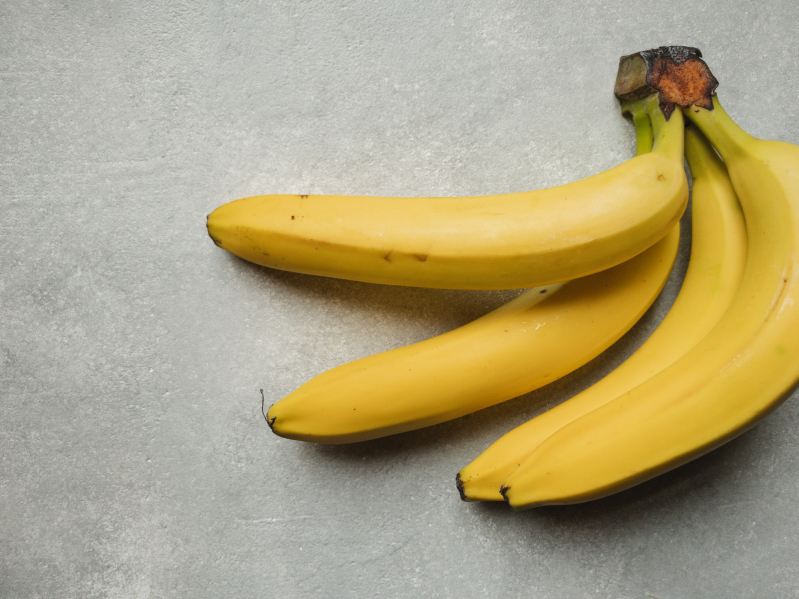
Many adults battle high blood pressure, and among a variety of risk factors, the high sodium content of the typical American diet is largely to blame. But did you know that increasing your intake of foods high with potassium content can help offset some of the damaging effects of excess sodium and may help lower your blood pressure?
Potassium is an essential mineral that plays a crucial role in regulating the fluid and electrolyte balance in your body. Potassium can counteract the water retention brought on by high sodium levels. As an electrolyte, potassium also plays an integral function in the conductivity of electrical impulses in the heart.
Although the daily value (DV) of potassium was 3,600 mg for quite some time, it is now 4,700 mg to reflect the mounting evidence surrounding the need for higher amounts of potassium for optimal health. Most people credit the banana for being the food with the most potassium, but there are actually other foods even higher in potassium than this beloved fruit. Keep reading for a list of the foods high in potassium and be sure to start eating more of these healthy, potassium-rich choices.
Beet greens
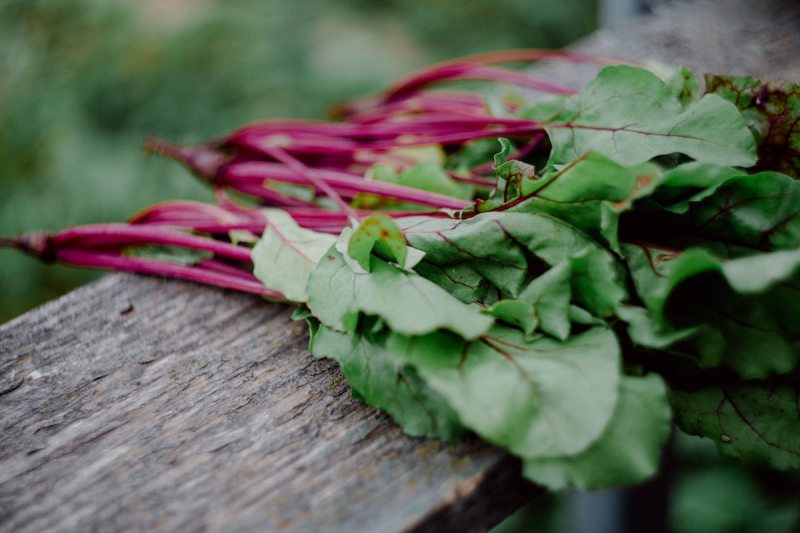
When most people think of dark, leafy green vegetables, spinach, kale, and Swiss chard come to mind, but beet greens are also considered a valuable member of this group of healthy veggies. Beet greens, which are the edible leaves of the nutritious root veggie beets, are packed with fiber, B vitamins, vitamin C, and potassium. One cup of cooked beet greens has 1,309 mg of potassium, which is 28% of the daily value. Swiss chard, spinach, and kale are also good sources of potassium.
Salmon
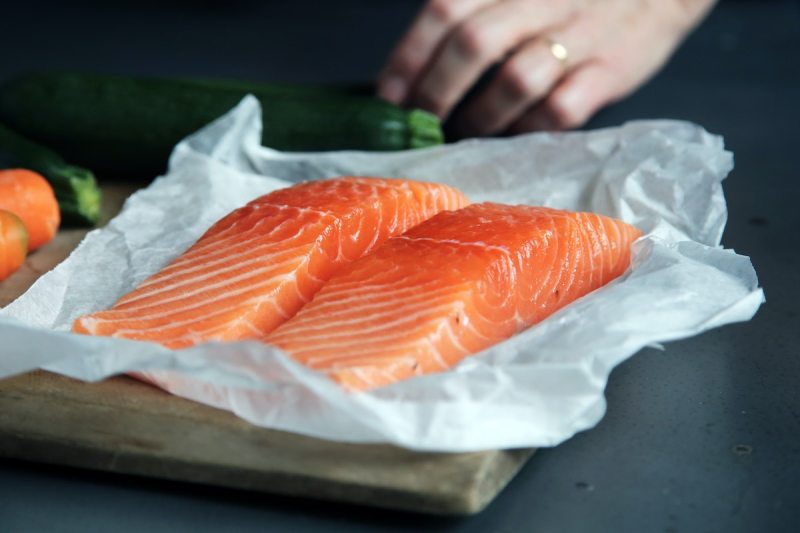
Salmon, and other fatty fish, are excellent sources of anti-inflammatory omega-3 fatty acids, vitamin D, and biotin, among other essential nutrients. The potassium content is also impressive. A six-ounce fillet of salmon contains 1,068 mg of potassium (23% DV). Snapper, mahi-mahi, and tilapia are also decent sources of this electrolyte.
White beans
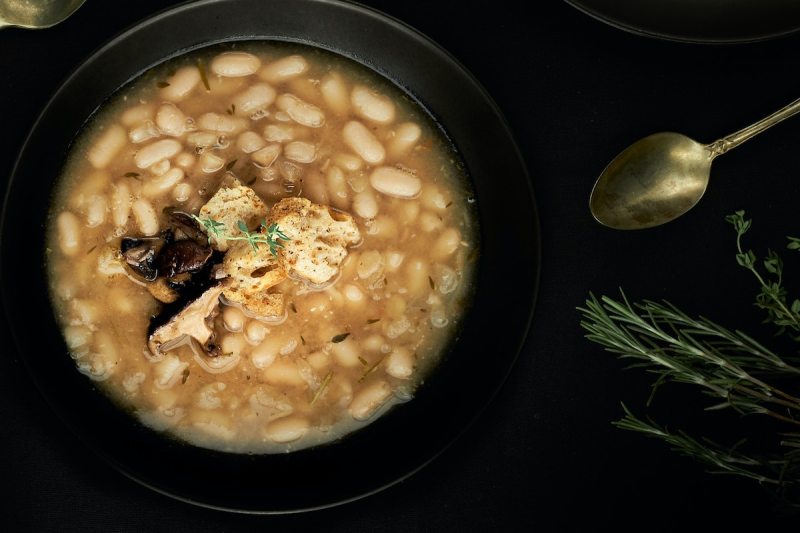
Legumes, which include beans, lentils, peas, peanuts, and soy, seem to earn a spot on nearly every list of the most nutritious foods. They are rich in fiber, complex carbohydrates, iron, B vitamins, and magnesium. Certain varieties are also high in potassium. For example, white beans provide just over 1,000 mg per cup of cooked beans (21% DV). Lima beans, navy beans, and lentils are also high in potassium.
Milk
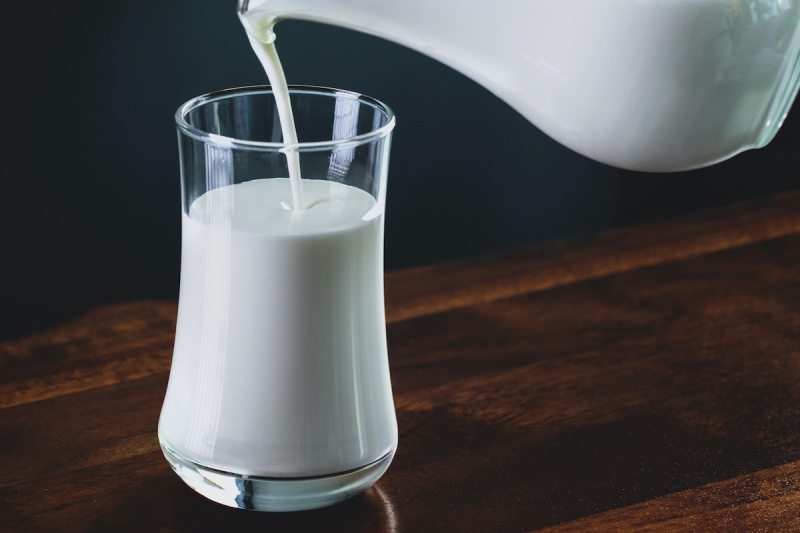
Milk is usually praised for its calcium content, but it’s also high in potassium. An eight-ounce glass of milk has about 365 mg of potassium. Milk is also a good choice for a bedtime snack if you’re having trouble sleeping. It contains tryptophan and melatonin, which can support restful sleep.
Bananas
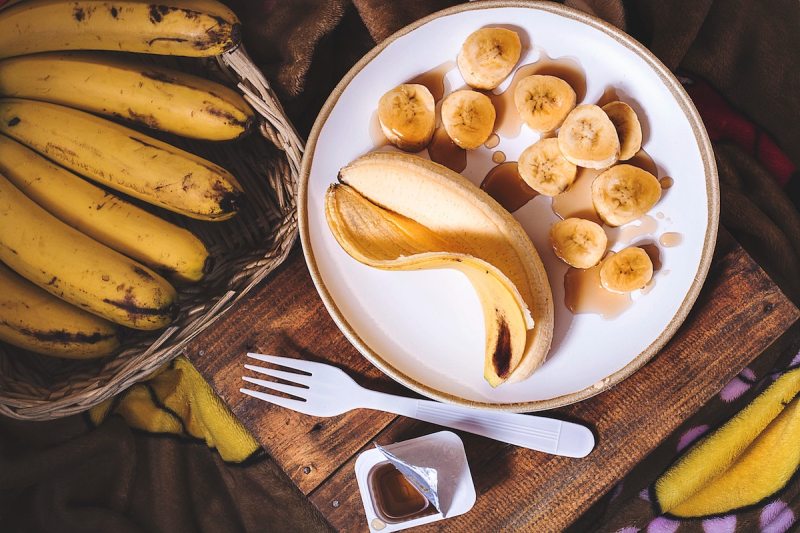
The poster child when it comes to foods highest in potassium is usually the banana. Surprisingly, while this popular fruit is indeed a good source of potassium (with about 537 mg per cup), there are other foods — and even other fruits — that best this amount. Guavas and kiwi fruit contain even more potassium. That said, you can’t go wrong with bananas, and they also contain key nutrients like magnesium.
Avocado
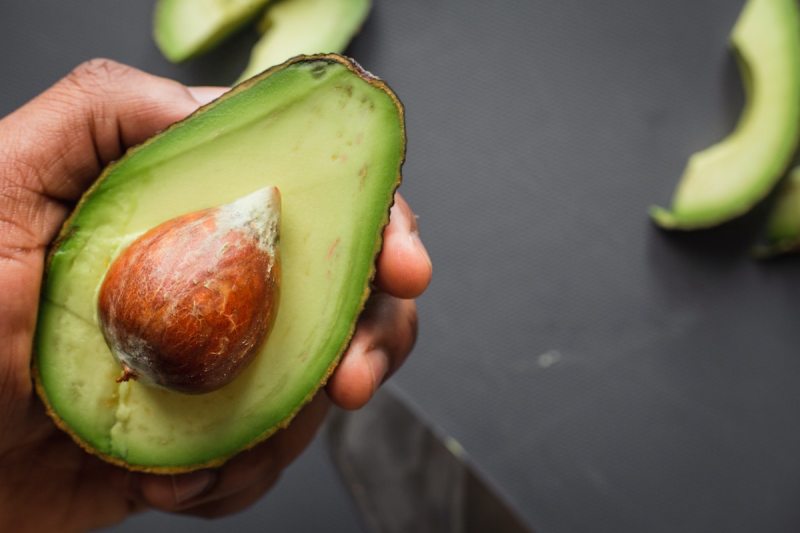
Creamy avocados support healthy hair and skin due to their high vitamin E and omega-3 fatty acid content. They also contain key electrolytes like magnesium and potassium. There are about 975 mg of potassium in a medium-sized avocado.
Tomatoes
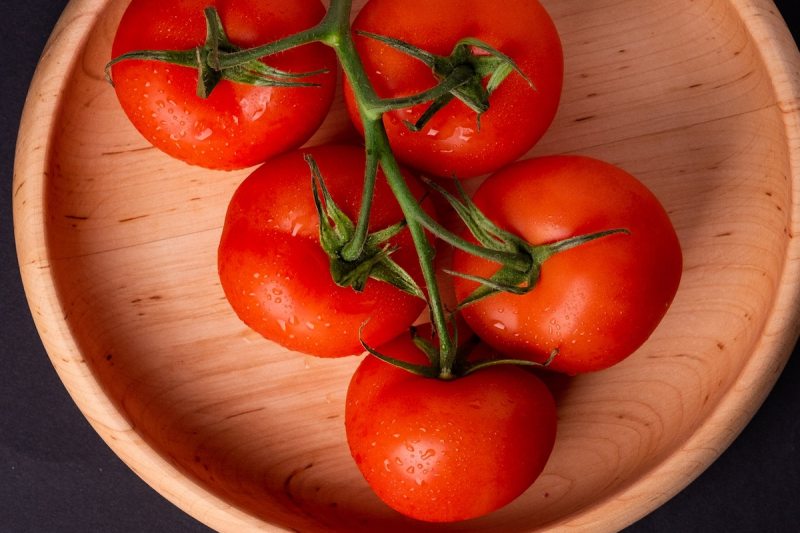
Tomatoes are extremely high in vitamin C and the antioxidant lycopene, which has been shown to support prostate health and your hair and skin. They are also high in potassium. There are about 525 mg of this electrolyte in a cup of cooked tomatoes. Tomato paste is an even more concentrated source of potassium — 3 tablespoons provide about 485 mg.
Pomegranate
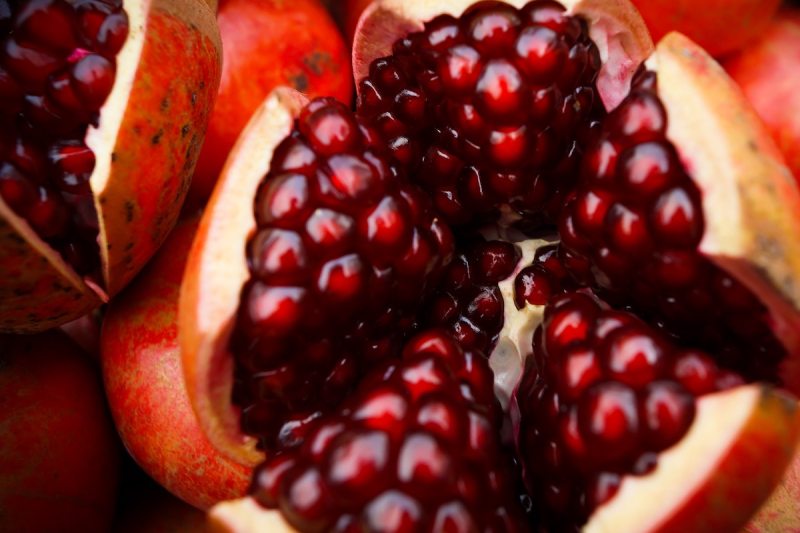
Pomegranate isn’t your everyday type of fruit, but it is a delicious one packed with nutrients. One whole pomegranate (around 282 grams) can provide around 666 mg of potassium. This is a significant amount, fulfilling roughly 19% of the recommended DV of potassium. Pomegranates are also bursting with antioxidants, which can help protect your cells from damage and may reduce the risk of chronic diseases. Not only are they high in potassium, but they are a good source of fiber, vitamin C, folate, vitamin K, and several other essential vitamins and minerals.
Watermelon
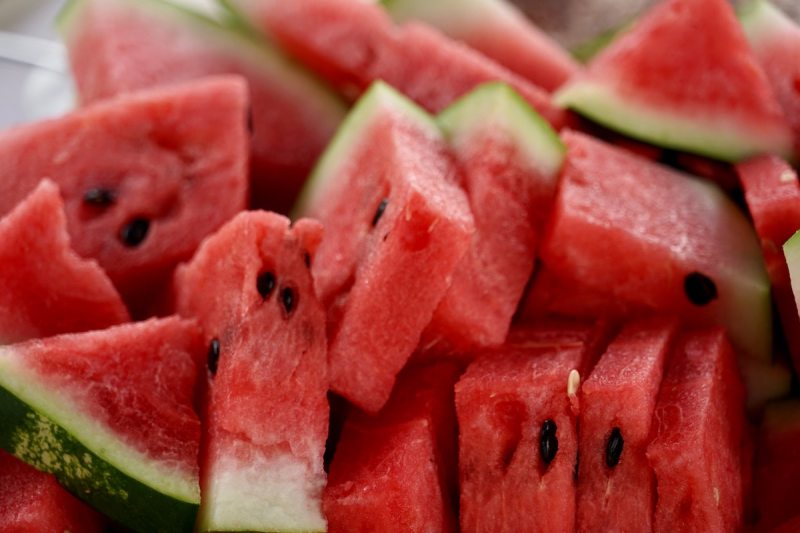
Who doesn’t love a slice of sweet watermelon on a hot summer day? Talk about a hydrating food! Not only is watermelon packed with water, but it also has 640 mg of potassium (14% DV) in about 1/8 of a medium-sized watermelon. Since potassium helps hydrate your body, watermelon can make a great pre-workout snack or post-workout refueling food to replace electrolytes and fluids lost in sweat.
Mushrooms
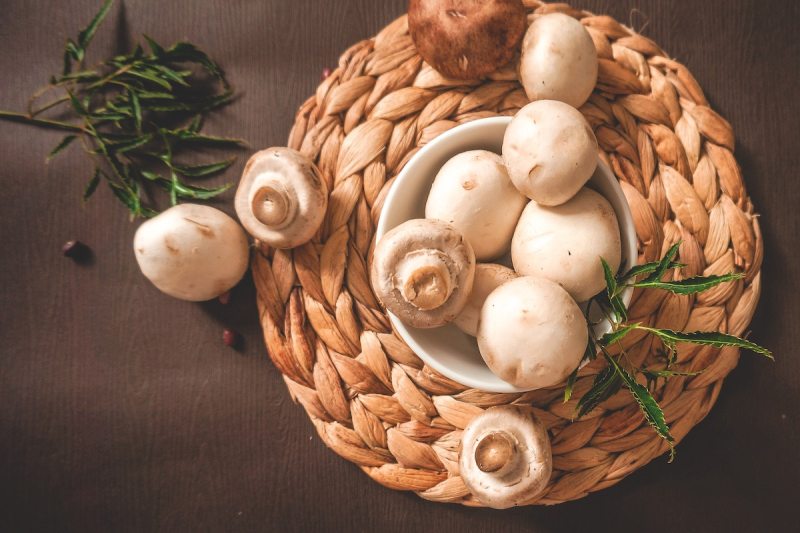
Mushrooms are a diverse group of fungi with an earthy, umami flavor and a meaty texture. Though there are many varieties of edible mushrooms, the humble white button mushroom is one of the best sources of potassium. There are 555 mg (12% DV) of potassium per cup of cooked white button mushrooms. They go well on pizzas, in risotto, on salads, in stuffed peppers, and grilled on kebabs.
Acorn squash
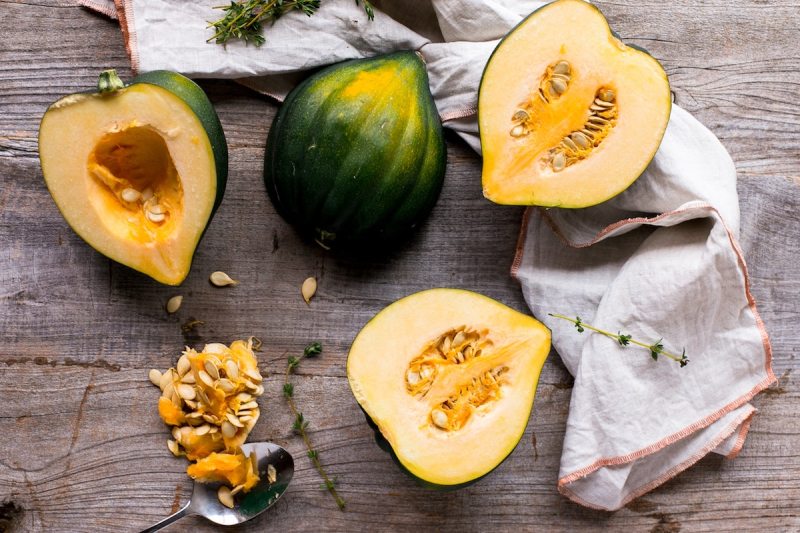
Acorn squash has a sweet, slightly nutty flavor and cooks up to a soft, delicate texture. It’s great in vegan fall or winter soups or can be baked and stuffed for a filling meal. In addition to vitamin A, beta-carotene, and fiber, acorn squash is also rich in potassium. One cup of cooked acorn squash has 896 mg (19% DV) of potassium. Butternut squash also has a moderate amount of potassium, about 582 mg per cup.
Potatoes
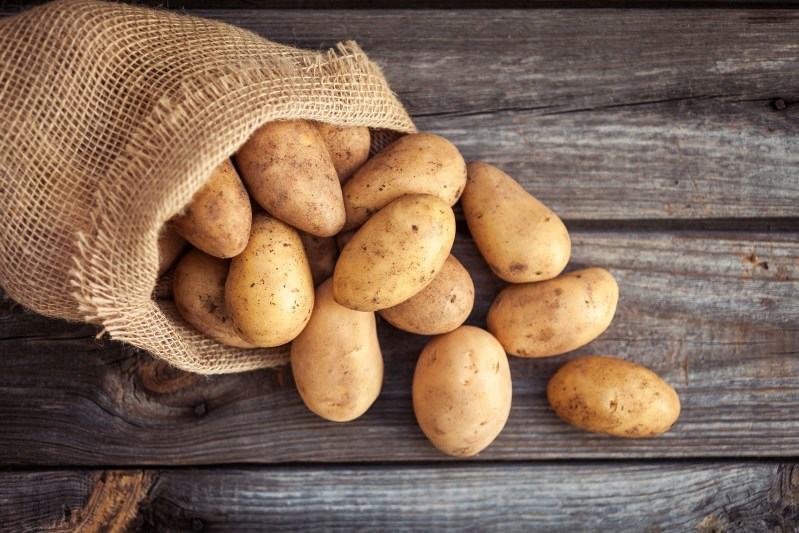
Potatoes often earn a bad rap because of their high carbohydrate content, but this reputation is somewhat undeserved as they are actually quite nutritious. Complex carbohydrates can certainly be part of a healthy diet, and potatoes have been shown to help regulate blood sugar and decrease the risk of type 2 diabetes. This familiar tuber is also rich in potassium. One medium-sized potato contains 20% of the daily value of potassium (926 mg). The benefits of sweet potatoes aren’t far behind, offering 18% of the DV, along with critical nutrients like vitamins A and C.



